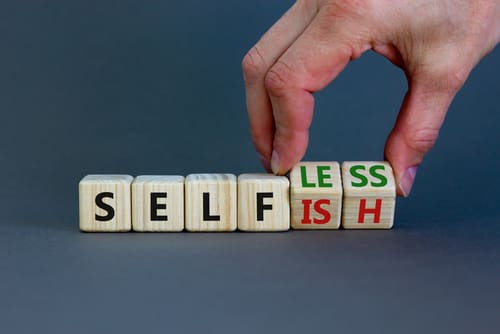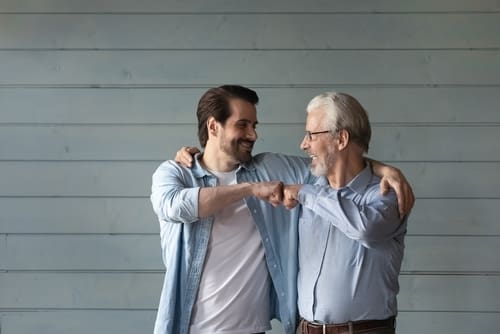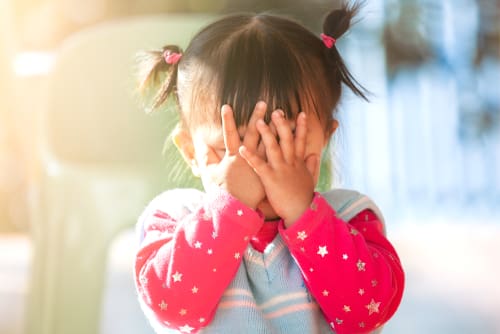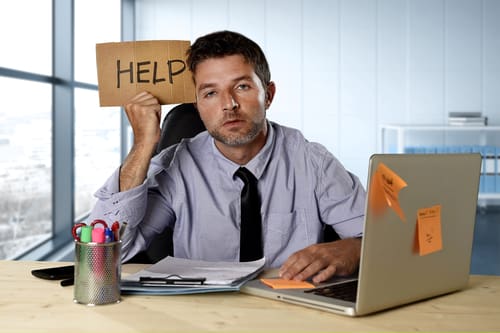
Holiday gifting. Does it bring you delight to see all the gifts under the tree or dread? Or would you love to see all the gifts if there wasn’t all the work and expense that had to be done to produce such a scene?
I was at a comedy show recently and the comedian was talking about her Mother announcing that they were cutting back on gifts and that everyone should do the same. How would you feel if someone said this in your family? Gifting is over! Of course, the comedian went on to say her Mother had ordered her a bunch of stuff and so actually the gifting was on — it just sounded good to say at the start of the season.
I get it — holiday gifting is a fundamental part of most Christmas traditions. People grew up with gifts and want to give and receive gifts as adults. To not have a pile feels — well — just wrong. However, I had the opportunity this particular holiday season to doe exactly that and not buy any gifts.
Well, I bought a few presents for people who I knew could use some holiday cheer. However, my annual list of “have to buy for these people no matter what” stopped. As I have been walking through the season it feels tremendously freeing to not have any gifts to have to buy as well as strange. How can I possibly walk through a department store and not buy bunches of stuff to give to people? It’s so much a part and parcel of who I am and how I celebrate the holidays. Well, it all feels odd.
Such an experiment is not for the faint of heart. I almost feel like I will be dreading Christmas morning with nothing to give or receive — and yet there are different things that I want this year that really can’t come wrapped in a box with a bow. Gifts of love, presence, kindness, opportunity, persistence, striving, and more that I want in my life more than any goods.
And that is what I am giving myself this year — as well as to my family and friends. It’s less expensive in some ways and more expensive in others. It’s me and my life that I am crafting that I seek to shape not in the direction of commercial goods, but into a direction of crafting a life I am happy to lead.
Maybe it’s too radical to ask you to join me this year, but perhaps something to hold in mind for next season. If the thought of not buying gifts for your loved ones gets you upset, defensive or afraid, it’s probably right where you need to be.
Here’s to gifting — gifts that can be seen and unseen. I’m in the latter category this year.









